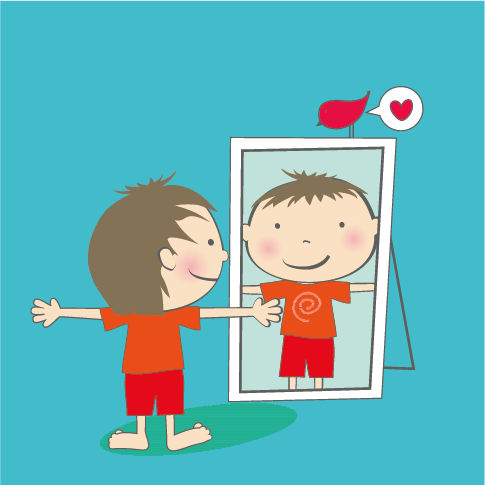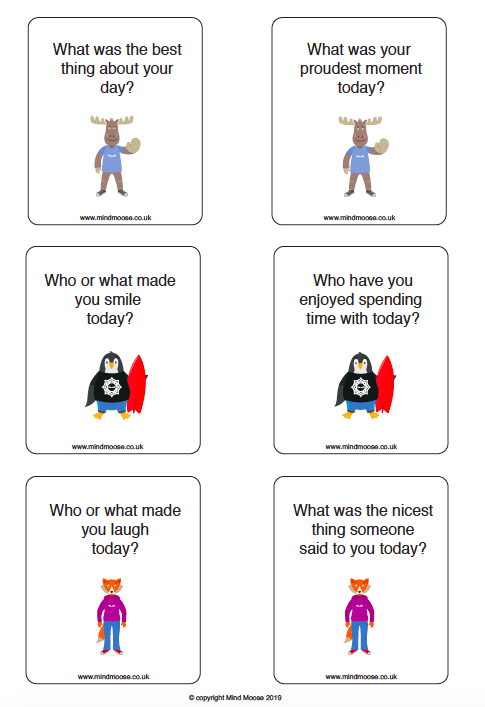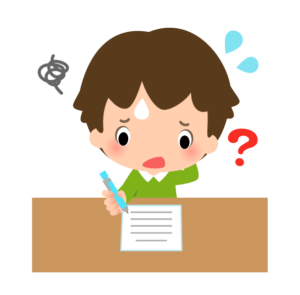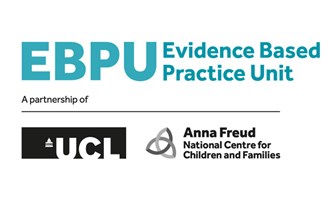Positive body image: Mental Health Awareness Week 2019

The w/c 13th May is Mental Health Awareness Week with the theme of body image. We know that helping children to develop positive body image important topic for many Mind Moose schools and families, so this blog post explores 6 practical ways parents can help their children develop positive body image.
Why care about positive body image?
Body image is often a hot topic, especially in light of the ever increasing tv, magazine and social media platforms and the ways these can and are accessed by our children. It can be very easy for children -as well as adults- to absorb the information portrayed as “reality” and this can have a knock on negative effect on their own self esteem and confidence.
The good thing is that there are plenty of ways that we can try and counteract that at home with normalising different body shapes and concentrating on fitness and health rather than unrealistic physical appearance. Below are some examples of ways in which we can try to provide a more body positive culture for our children at home.
Like everything, children learn most by the behaviour that is modelled to them. Try to be aware of your own language about your own bodies as well as others. This is not always easy and may require a big shift in your own mindset as well.
Tips to support positive body image
Here are 6 tips that could help you to support your child:
1.Refer to bodies in positive terms that focus on health, strength and capabilities, rather than weight. Try hard to refer to your own body in positive terms, especially in front of children and if you are if making changes to your own eating plan, rather than talking about wanting to go on a diet to lose weight, think about using phrases such as, “eating healthier foods to get fitter/stronger” etc.
2. Try to have magazines/books etc around the home and watch programmes that have images of a variety of ‘real’ body shapes rather than the often unrealistic bodies often shown in fashion magazines and some reality programs. You can discuss in an age-appropriate way how magazines, websites and social media often show images of bodies (and faces!) that have been altered in some way.
3. Allow your children to hear you say positive comments about others that do not refer to how they look but what their bodies can do; e.g. “wow look how strong her legs are to kick that football so hard”, or positive personality traits; e.g. “Uncle John is such a good friend, he listens to me when I need to talk”.
4. Try not to refer to food as ‘good’ and ‘bad’, or ‘treats’. Focus instead on eating a healthy, balanced diet that fuels your own and your children’s bodies. Eating in moderation is healthy and restricting certain foods and labelling them as ‘bad’, can sometimes cause issues for children when they grow up.
5. Try to model the importance of exercise, again focusing on positives such as health, strength, meeting new people, getting fresh air, having fun etc, rather than linking it to weight. Where possible spend time as a family doing some form of fun exercise. Walks in the park, playing “tig” or catch, kicking a football, turning the radio up and having a disco in the kitchen! It doesn’t have to involve lots of money or equipment – try different things and see what works for you as a family.
6. Try to compliment your child on personality traits rather than physical traits; e.g. “You were very kind sharing your crayons today”, or, “It was great the way you thought through that problem and came up with a solution”. Be careful to talk about your child’s body in positive terms – our body positive cards are a good place to start!








